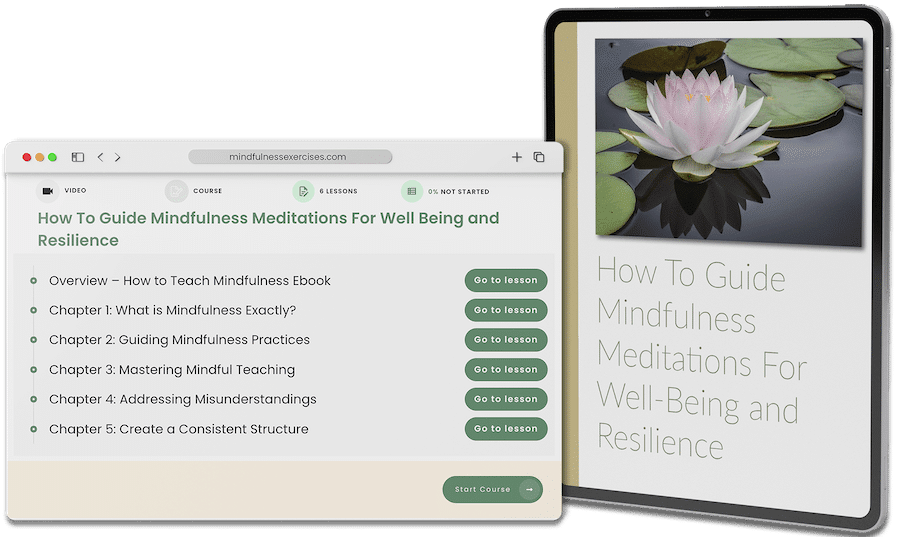A positive self-talk is a powerful tool for increasing willpower and self-control. Improve your inner strength by paying attention to your inner voice.
Willpower and self-control are already within you—it’s just tapping those strengths and nurturing them that makes all the difference. If you feel like you just don’t have “good willpower,” you’re actively working against yourself. You have to dispel thoughts of negativity in order to cognitively recondition your mindset and your life. Whether it’s through spoken daily affirmations, vision boards, or another strategy, all of these techniques are a means of changing self-talk.
How we speak to ourselves matters because our brain’s biggest job is making what we think a reality. It’s why athletes envision themselves winning, and science has backed up that this works. Unfortunately, many of us have adopted a negative inner voice. We would never speak so terribly to another person as we do to ourselves. Like all habits, we’ve probably been doing this for a long time, and it’s become second-nature.

The first step is being aware of your inner-voice. Pay attention to it, especially in times of struggle or challenges. If you’re uneasy taking a test, how do you speak to yourself beforehand? “You’re just going to fail anyway,” or “You’ve got this” are two very common and different inner voice patterns. Most of us fall into the former.
Once you’ve identified your inner voice, actively change it. This won’t happen overnight. Consider yourself as a bit of a “separate” person from your inner voice. How would you talk to a child, your best friend, or your partner? You would support them completely and use encouraging language. The same can and should be done for yourself. This will take practice, and you’ll probably catch yourself going back to your old voice—and that’s okay. Acknowledge when this happens and take note of what sparked it. This can help you identify situations where you’re especially tough on yourself.
When that negative voice is acknowledged, you can thank it for the lesson or reminder and let it go. Correct it by following up with a positive affirmation. These can be aloud or simply inside your head. Some people benefit greatly from talking to a mirror, while others prefer to write out positive self-talk in a journal. You may want to try a variety of techniques to see what resonates with you.

A great tool for everyone is to build a relationship with a mental health therapist, like a counselor or psychiatrist. They can help keep you on track and offer different avenues for changing self-speak. They also provide an unbiased outlet where you can share your concerns without judgment. These professionals have built a career out of helping others achieve better mental health. They can even suggest other treatment tools if you feel like you are in an increasingly worsening state. At the core of so many woes are how we talk to ourselves and how that manifests. Since our brains are working overtime to make sure our inner voice is right, we need to just as actively re-direct it.
Positive self-talk is more than making yourself feel good. It’s backed by science and the most powerful tool you have to increase willpower and self-control. However, overachievers can go overboard (which can lead to disorders such as orthorexia). That’s part of what makes a mental health therapist so helpful.


















